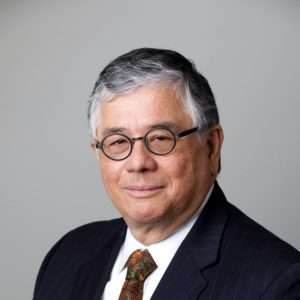The ScholarRx Approach to Teaching: CBME and Pre-Clerkship Education in the Foundational Sciences
Free Webinar • June 8, 2022 • Noon (EST)
What Will You Learn?
Medical education has been evolving over the past two decades. One significant shift has been to move toward an outcomes-based perspective of learner achievement. This is often referred to as “competency-based medical education” or CBME. But what does CBME mean? In its original formulation, the focus has been on outcomes of clinical skills. The meaning has now broadened to include the knowledge, skills, and attitudes (KSAs) of the individual learner. Moreover, an important concept in clinical education is the “entrustable professional activity” (EPA), whereby an individual is permitted (trusted) to do a job activity that must be done (professional activity) with minimal or no supervision.
In this one-hour session, participants will explore the fundamental concepts that underlie competency-based medical education, and how these concepts can be translated to pre-clerkship education in the foundational sciences. Dr. Terence Ma will further explore how the ScholarRx Bricks and Qmax system can be used to enhance a competency-based pre-clerkship education program.
Access to the webinar is completely free
During this interactive session, you will learn how to:
- Identify the fundamental concepts that underlie Competency-based medical education
- Apply these fundamental concepts to pre-clerkship education in the foundational sciences
- Enhance a competency-based pre-clerkship educational program through use of the ScholarRx Bricks and QMax system
Terence Ma, Phd, MBA is a Professor and Chair of Biomedical Sciences at Kansas College of Osteopathic Medicine. He is taking the opportunity to build an integrated anatomy education program (gross anatomy, microscopic anatomy, embryology, and neurosciences) which is integrated with clinical issues, VR/AR/XR virtual dissection, ultrasound, MR and CT. He has been a funded research scientist, educator, course director, assistant dean, associate dean, and chief information officer at a health sciences university.
His research focuses on the issue of how “we” know that students learned what the faculty said they would teach. He is interested in the intersection between medical education and technology, focusing on the application of contemporary medical education approaches, assessments, evaluations, technology, and implementation of competencies and competency standards. He has been a part of developing competency standards with IEEE and MedBiquitous representing health sciences education. Additionally, he chairs the Open Competency Framework Collaborative (OCFC) Network; an international committee focused on competency structures in the learner-earner spectrum.

